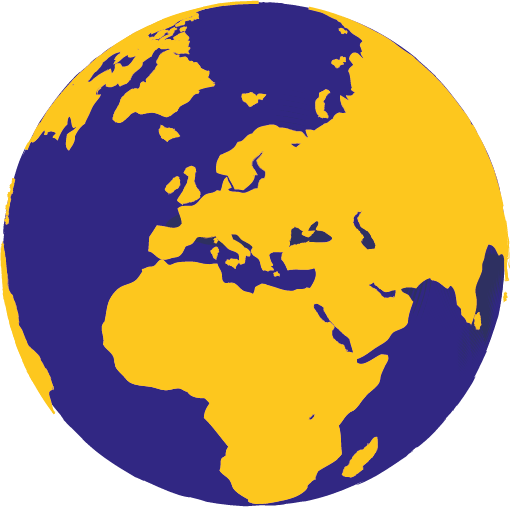Galina Bulat, Former Deputy Minister of Education in Moldova and now Lumos’ Moldovan Inclusive Education Project Manager, talks about her work.
Inclusive education will change children's lives, because it ensures all children have a chance to experience mainstream education, regardless of their physical or intellectual abilities or financial difficulties. These children will be part of the life of their families, mainstream schools, and communities. They won't be "invisible" any more, closed in residential institutions, far away from real life. Also important is the fact that inclusive education is helping to change the mindsets of parents, teachers, people in the community; building a more understanding and integrated society.
Lumos Moldova is making real progress, implementing lasting change, and actually transforming the lives of disadvantaged children. On the ground, we have reintegrated 149 children, who had lived for several years in residential institutions, back into their families and mainstream education. Over a year their lives improved significantly in all aspects: their adaptation to their family, emotional wellbeing, school results, and relationships with their peers.
At the same time, from a strategic level, our involvement in the development of the regulatory framework for promotion of inclusive education is helping to change the wider system, thus having the potential to improve the lives of thousands more children. This July, the Moldovan Government approved the Inclusive Education Development Programme for 2011-2020, developed with Lumos' support, which reflects the reform of education in Moldova.
This spring we assessed children who had been reunited with their families and reintegrated into mainstream schools. The results are so positive: children become healthier and have better school results. Children who had been previously mis-diagnosed with intellectual disabilities now study together with their peers and get good and very good marks. Most importantly, they feel happier.
Going forward we will focus on piloting the inclusive education model in two regions where we will reintegrate children from residential institutions; we will work on the prevention of institutionalisation of children with special needs; we will develop support services; we will support the teaching staff by organizing continuous professional development; and we will encourage and support children's families.
I hope that by the end of the project, the Moldovan educational system will be a good example of inclusive education, so that we can share learning and achievements with others. Through our work, more and more children will benefit from their family's care, teachers' awareness of their special needs and the unconditional friendship of their peers.



